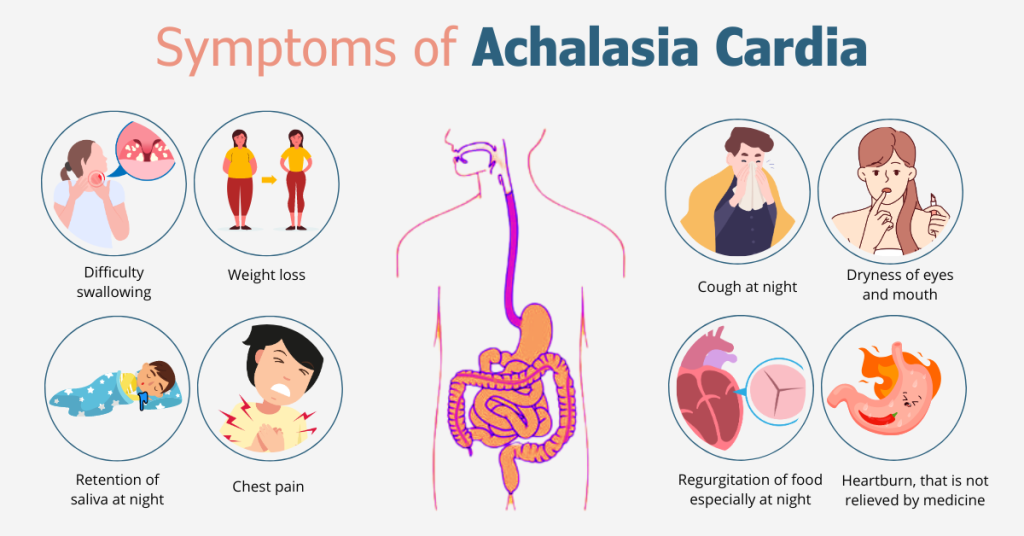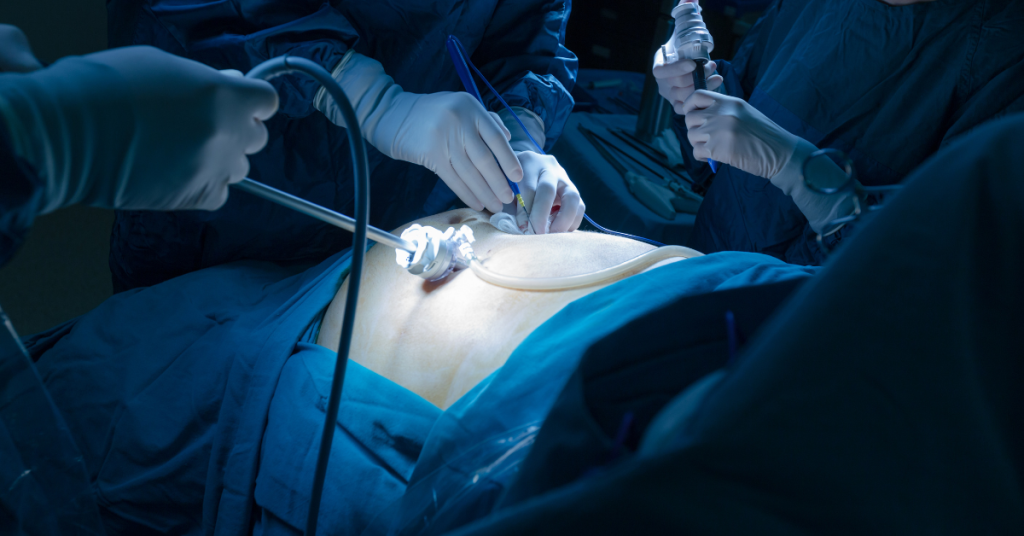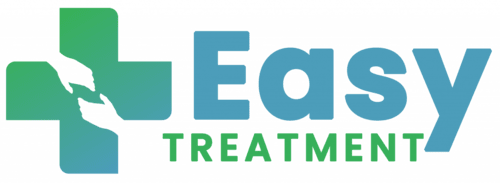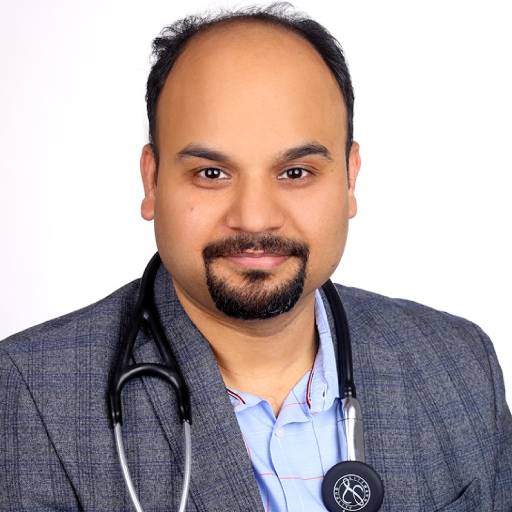Delve into the world of achalasia cardia surgery with our comprehensive guide, which offers a detailed exploration of the procedure, recovery process, and long-term outlook. From understanding the intricacies of the surgery to gaining insights into post-operative care and potential outcomes, this article provides valuable information for a general readership seeking a well-rounded perspective on this medical condition and its treatment.
What is Achalasia Cardia?
Achalasia cardia is a rare disorder of the esophagus that makes it difficult for food and liquid to pass into the stomach. This condition occurs when the lower esophageal sphincter, the muscle ring at the junction of the esophagus and stomach, fails to relax during swallowing, causing a backup of food and liquid.
Symptoms of Achalasia Cardia from a Medical Standpoint

What are the symptoms of achalasia-cardia?
- Difficulty swallowing (dysphagia)
- Regurgitation of food especially at night
- Chest pain or discomfort
- Weight loss
- Retention of saliva at night
- Heartburn, that is not relieved by medicine
- Dryness of eyes and mouth
- Cough at night
Caregivers of individuals with achalasiacardia may observe their loved ones struggling with meals, experiencing weight loss, and feeling frustrated by their symptoms. They may also notice the impact of the condition on the patient’s mental and emotional wellbeing, as well as the challenges of managing the dietary restrictions and lifestyle adjustments that come with the condition. Caregivers play a crucial role in providing support and understanding to those affected by achalasiacardia.
Causes of Achalasia Cardia
The exact cause of achalasia cardia is unknown. It is believed to be due to the degeneration of the nerves in the esophagus, but the underlying reasons for this degeneration are not fully understood.
Who can get achalasia-cardia?
Achalasia-cardia is a condition that can affect people of any age, from children to adults. It happens when the muscles in the esophagus don’t work properly, making it hard for food and liquids to pass into the stomach.
Is achalasia-cardia a severe disorder?
Achalasia cardia is considered a severe disorder. It is a rare esophageal motility disorder characterised by the inability of the lower esophageal sphincter to relax, leading to difficulty in swallowing, regurgitation of food, chest pain, and weight loss. If left untreated, achalasia cardia can lead to complications such as aspiration pneumonia, esophageal ulcers, and an increased risk of esophageal cancer. Treatment options include medications, pneumatic dilation, botulinum toxin injection, and surgical myotomy. Early diagnosis and appropriate management are crucial in preventing complications and improving the quality of life for individuals with achalasia cardia.
Understanding Achalasia Cardia Surgery
Overview of Achalasia Cardia Surgery
Achalasia cardia surgery, also known as esophagomyotomy, is a procedure aimed at relieving the symptoms of achalasia by disrupting the lower esophageal sphincter muscle to allow easier passage of food and liquid into the stomach.
Types of Achalasia Cardia Surgery
The most common approach to achalasia cardia surgery is laparoscopic esophagomyotomy, which is a minimally invasive procedure involving small incisions in the abdomen. Another approach is the Heller myotomy, which can be performed through open surgery or laparoscopically.

The most common approach to achalasia cardia surgery is laparoscopic esophagomyotomy, a minimally invasive procedure that involves small incisions in the abdomen. This approach allows for precise cutting of the muscle at the lower esophageal sphincter, which helps to relieve the obstruction and improve swallowing function.
Another approach is the Heller myotomy, which can be performed through open surgery or laparoscopically. This procedure also involves cutting the muscle at the lower esophageal sphincter to alleviate the symptoms of achalasia.
Additionally, peroral endoscopic myotomy (POEM) is a newer technique that involves creating a tunnel in the wall of the esophagus and then cutting the muscle to achieve the same result. POEM is classified as a non-surgical procedure, as it does not involve making any cuts through the skin. Each of these approaches has its own benefits and risks, and the choice of procedure depends on the individual patient’s condition and the surgeon’s expertise.

Eligibility for Achalasia Cardia Surgery
Patients with achalasia cardia who have not responded to other treatments such as pneumatic dilation or botulinum toxin injection may be considered for surgery. A thorough evaluation by a gastroenterologist and a surgeon is necessary to determine the suitability for surgery.
The Procedure for Achalasia Cardia Surgery
Preoperative Preparations
Before the surgery, patients may undergo various tests such as esophageal manometry, barium swallow, and endoscopy to assess the condition of the esophagus and confirm the diagnosis of achalasia cardia. The medical team will provide instructions on fasting and medication adjustments prior to the surgery.
Surgical Techniques
During the surgery, the surgeon will carefully dissect and disrupt the lower esophageal sphincter muscle to allow for better passage of food and liquid into the stomach. This can be done using minimally invasive techniques with the assistance of a laparoscope and specialised surgical instruments.
Potential Risks and Complications
As with any surgical procedure, there are potential risks and complications associated with achalasia cardia surgery, including infection, bleeding, perforation of the esophagus, and gastroesophageal reflux disease (GERD) symptoms.
Recovery and Post-Operative Care
Hospital Stay and Immediate Recovery
After the surgery, patients will typically spend a few days in the hospital for monitoring and pain management. They may experience some discomfort and will be gradually introduced to a liquid diet before transitioning to solid foods.
Postoperative Diet and Lifestyle Changes
Following achalasia cardia surgery, patients are advised to make dietary and lifestyle modifications to support their recovery and minimise the risk of complications. This may include eating smaller, more frequent meals and avoiding foods that can trigger reflux.
Follow-up Appointments and Rehabilitation
Regular follow-up appointments with the surgeon and gastroenterologist are essential to monitor the healing process and address any concerns. Some patients may require physical therapy or swallowing exercises to regain strength and coordination in the esophagus.
Long-Term Outlook for Achalasia Cardia Surgery
Expected Outcomes After Achalasia Cardia Surgery
Many patients experience significant improvement in their ability to swallow and a reduction in symptoms such as regurgitation and chest pain following achalasia cardia surgery. However, long-term outcomes can vary, and some individuals may require additional interventions or experience recurrent symptoms.
Managing Potential Complications
It is important for patients to be aware of the potential complications that may arise after surgery, such as GERD. Proper management of these complications through medication, dietary adjustments, and lifestyle modifications is crucial for long-term success.
Quality of Life Post Surgery
With proper care and adherence to medical advice, many individuals can enjoy an improved quality of life after achalasia cardia surgery, with the ability to eat more comfortably and experience relief from the distressing symptoms of achalasia.
Achalasia-Cardia Treatment In Hyderabad
Achalasia-cardia is a rare condition that can significantly impact a person’s quality of life. Fortunately, in Hyderabad, there are several treatment options available to help manage this condition. From minimally invasive procedures to medication management, patients have access to a range of effective interventions. Additionally, the medical community in Hyderabad is well-equipped to provide comprehensive care and support for individuals living with achalasia-cardia. It is critical for patients to collaborate with their healthcare providers to decide the best course of treatment for their individual requirements.
Why choose us?
We are the ideal choice for your needs because of our unwavering commitment to excellence and customer satisfaction. Our team of experienced professionals is dedicated to providing top-notch service and delivering exceptional results. We understand the importance of meeting deadlines and exceeding expectations, and we strive to achieve this with every project we undertake.
Navigating your healthcare journey has never been simpler with Easy Treatment Healthcare. Our process begins with a thorough diagnosis, where expert opinions based on your reports lay the foundation for a personalised treatment plan. The planning phase involves a second opinion from superspecialists, ensuring the identification of the best treatment approach. Connecting with super specialists is made easy through personalised sessions, eliminating the need to endure long waiting times.
Once your treatment plan is in place, our seamless process encompasses hospitalisation and surgeries, providing you with a hassle-free experience. Our commitment extends beyond treatment, offering post-care support, follow-up care, and resources for a smooth recovery. Additionally, our track record of success and satisfied clients speaks for itself, showcasing our ability to consistently deliver high-quality work.
Easy Treatment stands out by offering VIP care services, free medical assistance, and 24/7 support, ensuring your peace of mind throughout the entire process. Trust Easy Treatment for a simplified, efficient, and supportive healthcare experience.
Achalasia cardia surgery can offer significant relief for individuals struggling with the symptoms of this challenging condition. By understanding the procedure, recovery process, and long-term outlook, patients can make informed decisions about their treatment and approach their postoperative care with confidence. If you or someone you know is experiencing difficulty swallowing or other symptoms of achalasia cardia, seeking medical advice is the crucial first step towards finding relief and improving quality of life.

